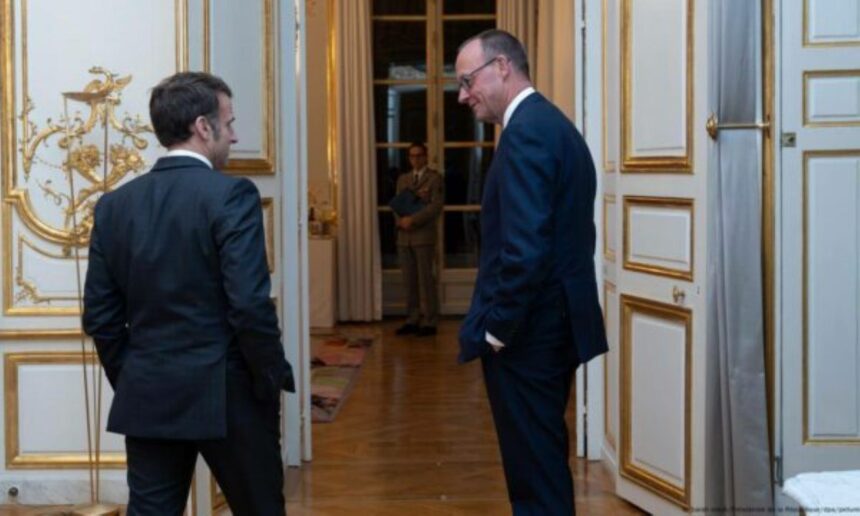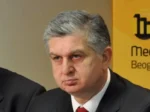Bodo Weber, a senior associate at the Berlin-based Council for Democratization Policy, stated in an interview with Radio Free Europe that Germany has taken a more lenient stance than France regarding Kosovo’s blocked membership bid in the Council of Europe—a blockage linked to the unresolved issue of the Association of Serb-Majority Municipalities.
“Unlike Paris, Germany has been softer in its conditionality for Kosovo’s Council of Europe application. Whether Berlin will maintain this approach in the absence of a strategic framework remains to be seen,” said Weber.
He hinted that Germany’s next moves could depend on whether there is a strategic shift in its approach to the Kosovo-Serbia dialogue, particularly on the contentious matter of the Association.
Despite the current hurdles, Weber expressed confidence in the continued strength of Kosovo-Germany bilateral relations.
“I expect bilateral relations to remain stable,” he noted.
Weber highlighted a recent development in German domestic politics that may prove beneficial to Kosovo: the Social Democrats’ success in resisting the merger of the Development Ministry with the Foreign Ministry during coalition talks. This decision, he argued, has helped protect development aid budgets, including those allocated to the Western Balkans.
“That’s an important signal—especially at a time when USAID has pulled back, and several EU countries have significantly cut their aid,” he emphasized.







